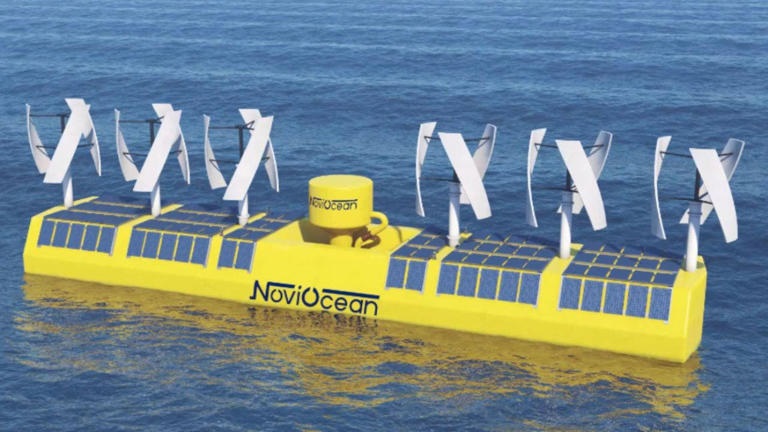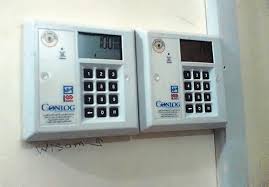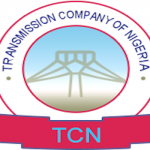Reports have shown that approximately seven million prepaid electricity meters in South Africa need to be reset before November 2024, as the system that runs the credit tokens will run out of numbers at this time and all existing meters will stop accepting credit tokens.
The South African metering standards industry body, Standard Transfer Specification Association (STSA), has embarked on an awareness programme to inform utilities to upgrade their vending systems to STS600 and visit each meter in its region to clear the memory and change the meter key before November 2024.
Director of STS Association, Don Taylor explains: “the token identifier (TID) is calculated as the number of minutes that have elapsed since a defined base date of 1993 up to the time of creating the token. The TID has a limited range and will run out in November 2024, at which point all existing prepayment meters will stop accepting credit tokens. In order to circumvent this issue, the memory of each meter needs to be cleared of all stored TIDs and its cryptographic key needs to be changed before 2024.”
The new range of TIDs will then start from a new base date of 2014 and run out in 2045, thus extending the useful functional life of the meter. “In order to do this key change,” Mr Taylor explains, “it is necessary that each meter has to be physically visited, which can be performed either by dedicated employees of the utility or by the end customer.”
Concerned utilities may leave this too late
“There is thus a six-year window,” he continues, “within which the utilities have to complete this programme. Because we are concerned that utilities may leave this too late, we are embarking on an awareness programme by reaching out to all STS users and providing a platform that will facilitate technical support and guidance to users during the implementation of the TID rollover programme. We aim to establish a website for this purpose where users can interact by discussion of issues. In addition we are embarking on a communication effort with users by making use of media channels and conference events in order to raise awareness of the 2024 TID rollover. This programme is being managed by a specially mandated task team.”
STSA estimates that approximately seven million prepayment meters are currently installed in South Africa, which could still grow to approximately eight million by 2024.
STS workshop on rollover at African Utility Week
Don Taylor adds: “we estimate there are approximately 50 million meters that are currently installed globally, which will definitely be affected by the rollover. If utilities are sufficiently proactive, then it is possible that all new meters being installed can be manufactured on the new base date of 2014, thus avoiding the 2024 event for these newly installed meters. It could well be that approximately 70 million meters in total will be affected between now and 2024.”
STSA is a returning industry partner association and exhibitor at the upcoming African Utility Week exhibition and conference in Cape Town in May 2018. Don Taylor and STSA technical consultant Franco Pucci are both speakers at the event workshops and in the strategic conference. During the STSA’s metering workshop on “Standard Transfer Specification and token ID rollover event in 2024”, the industry will be urged to upgrade to STS600 as soon as possible, start manufacturing new meters on the 2014 base date and to start the TID rollover programme soonest.
Standard Transfer Specification
The STS was created in South Africa in 1993 as an industry standard to support the Eskom mission of “Electricity for all” and its electrification programme to connect 10 million households to the electrical supply grid by making use of prepayment metering technology. The STS Association was founded and became the custodian of the STS in 1997, which was then published by the International Electrotechnical Commission (IEC) as IEC62055-41 and IEC62055-51 as open international standards for prepayment meters.
There are currently approximately 170 members from 36 countries, almost all of which are manufacturing STS compliant products.









